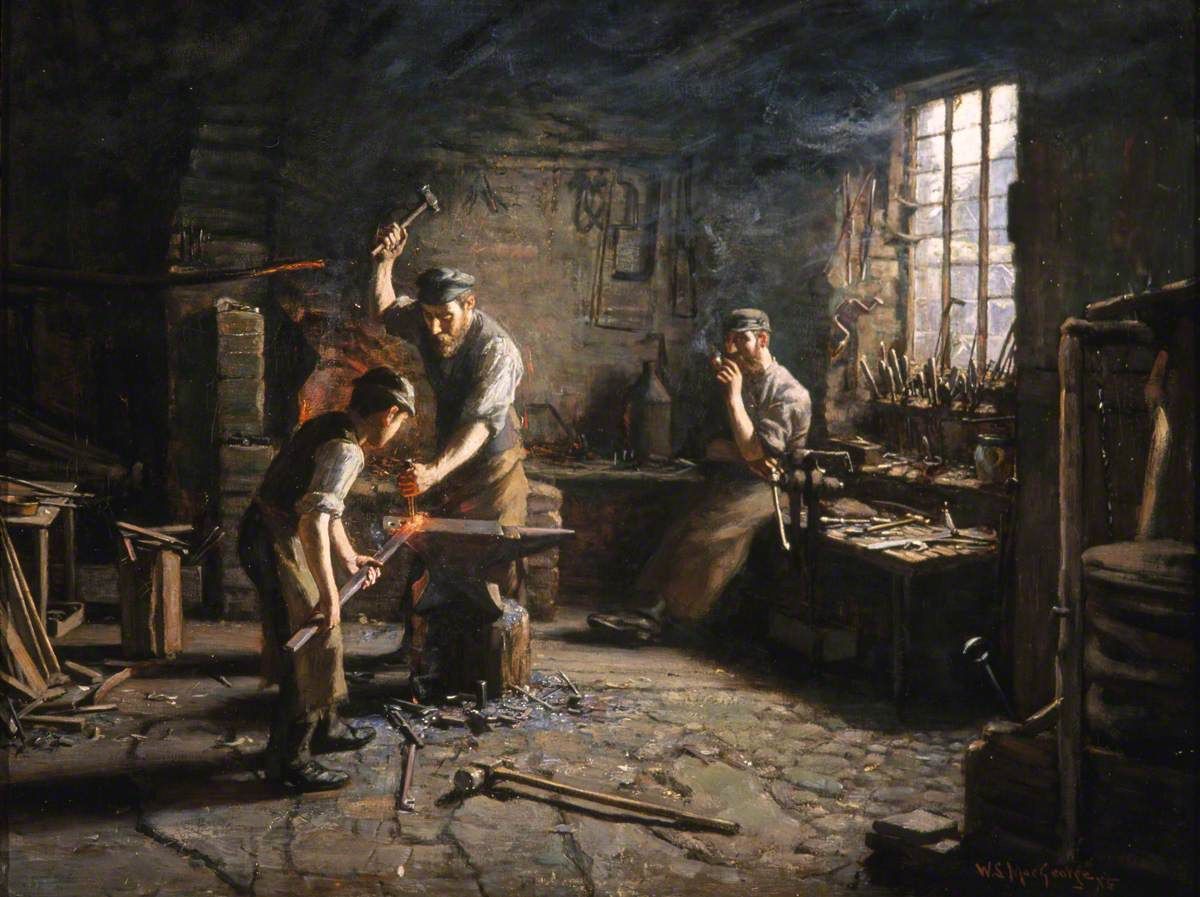 There is a kinship between productive humans; one that spreads all across this planet. It may be invisible to power and hierarchy, but we productive people recognize it.
There is a kinship between productive humans; one that spreads all across this planet. It may be invisible to power and hierarchy, but we productive people recognize it.
When we drive into a new town, we know, almost by instinct, that we can trust the hard-working carpenter further than someone permanently on the dole. It’s possible that the guy on the dole is a saint, but the hardworking man shares our specific ethics, and we are tuned to them. And even if this carpenter is a negative exception, we’ll be able to tell soon enough.
I’ve felt this kinship on multiple continents and among people of many flavors; not just on construction sites, but in truck stops, offices, grocery stores and trains. Productive people carry a specific ethic, and it’s consistent not only over distance, but over time. If you were somehow dropped into ancient Rome, the people you’d want to join wouldn’t be the senators or the people in the bread lines, but the people who built and maintained the aqueducts.
Ethics Born of Work
The ethics I’m referring to are those which are spawned by work… by productive, dedicated, creative work. And yes, even sweeping a floor becomes creative if you take it seriously. A shop floor is complex, and complexity must be overcome with creativity.
Work requires things of us; things like continuous cooperation, holding in mind what others are doing, and working toward a shared, final goal. It requires us to make a long chain of decisions, by ourselves and without stopping our work flow. In this way it’s a lot like team sports.
From the practice of production spring the virtues of persistence, dedication, reliability and endurance. We learn to do things that are hard, because they need to be done, and because there’s no one but us to make sure they get done.
We learn responsibility, because if we fail to do the hard things, dozens or hundreds of people will be in trouble. We also learn about earned self-pride. When we work hard, long and effectively, we learn that we are beneficial and necessary beings in the world. Legitimately.
Here, in brief, are the values of producers:
-
- We believe that everyone should be treated fairly, including a certain level of respect and politeness.
-
- We believe in voluntary interactions; that coercion is wrong.
-
- We believe that people should keep their agreements.
-
- We believe in cooperation and good faith.
-
- We believe that everyone should be able to do what they want, so long as they don’t intrude on others.
-
- We accept that life can be hard, and we work through it as best we can.
-
- We believe that good decisions must include concern for the long term.
Establishing this as a good list is easy, and the proof is this: These are things we complain about when others fail to uphold them. We wouldn’t complain if we didn’t hold them as values.
So…
What I’d like all productive people to realize is this: We have every right to live our way; to express our will in the world. And more critically, we shouldn’t sacrifice our ethics to people and systems who claim to be higher and more important. Consider this, please:
Any system that can’t survive within our ethics (something that corner stores, nurses and contractors do every day) is a system that has passed its time and should be left behind.
Our ethics are good and we’re the people who make the world work. We need to believe this.
**
